Welcome to the Cape Fear River
This week we are learning about Cape Fear River Watch, a group that helps protect our sea turtles by protecting the waters that lead to their habitat in the ocean.
Cape Fear River Watch is a nonprofit organization dedicated to protecting and improving the Lower Cape Fear River Basin through education, action, and advocacy. We organize monthly paddles, clean-ups, and environmental seminars for River Watch members, and provide a variety of Environmental Education programs in our community. As a member of The Waterkeeper Alliance, Cape Fear River Watch monitors water quality throughout the Lower Cape Fear River Basin and we work to preserve the health and diversity of the river.
The Cape Fear River Basin is the largest river basin in North Carolina and empties directly into the Atlantic Ocean. The tidal influence from the ocean causes an interaction between fresh and salt water, creating what is called brackish water. This fresh-water and salt-water mixture allows for an incredibly ecologically diverse ecosystem. For this reason, areas in the Cape Fear River can support a variety of species that would not be found in an entirely fresh-water ecosystem, including sea turtles.
The sea turtle species known to nest on North Carolina beaches are Loggerheads, Leatherbacks, Kemp’s Ridley, and Green turtles. All of these species can also be found in the brackish waters of the Cape Fear River, although Loggerheads are the most abundant while Kemp’s Ridley sightings are more rare. It is the mission of Cape Fear River Watch to advocate for clean water and protection of all of the natural resources our river has to offer so that these sea turtles, as well as many other diverse species, can continue to live in its waters.
Please check out Cape Fear River Watch’s website to learn more about the work they do.
Our turtles continue to grow. Here is a recap of how large they’ve gotten since they arrived.
[table id=2 /]
For more information on what to do with those numbers, please check out our lesson: Hatchling to Yearling.


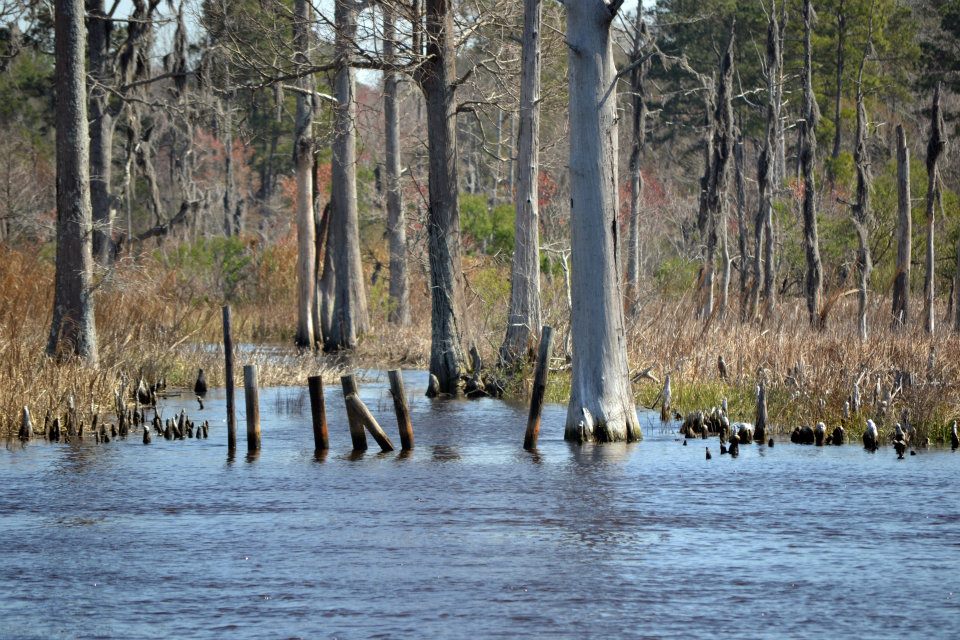

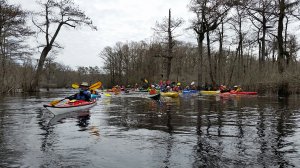
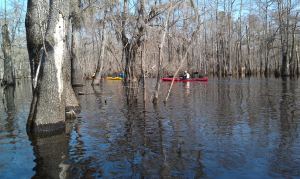
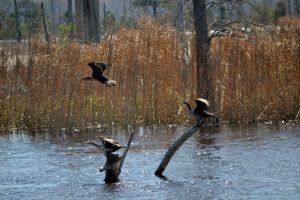
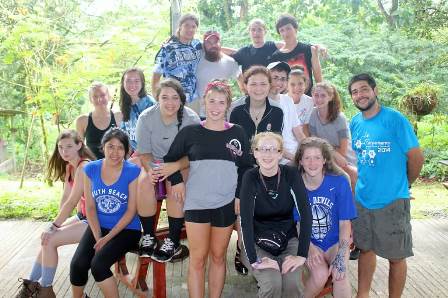
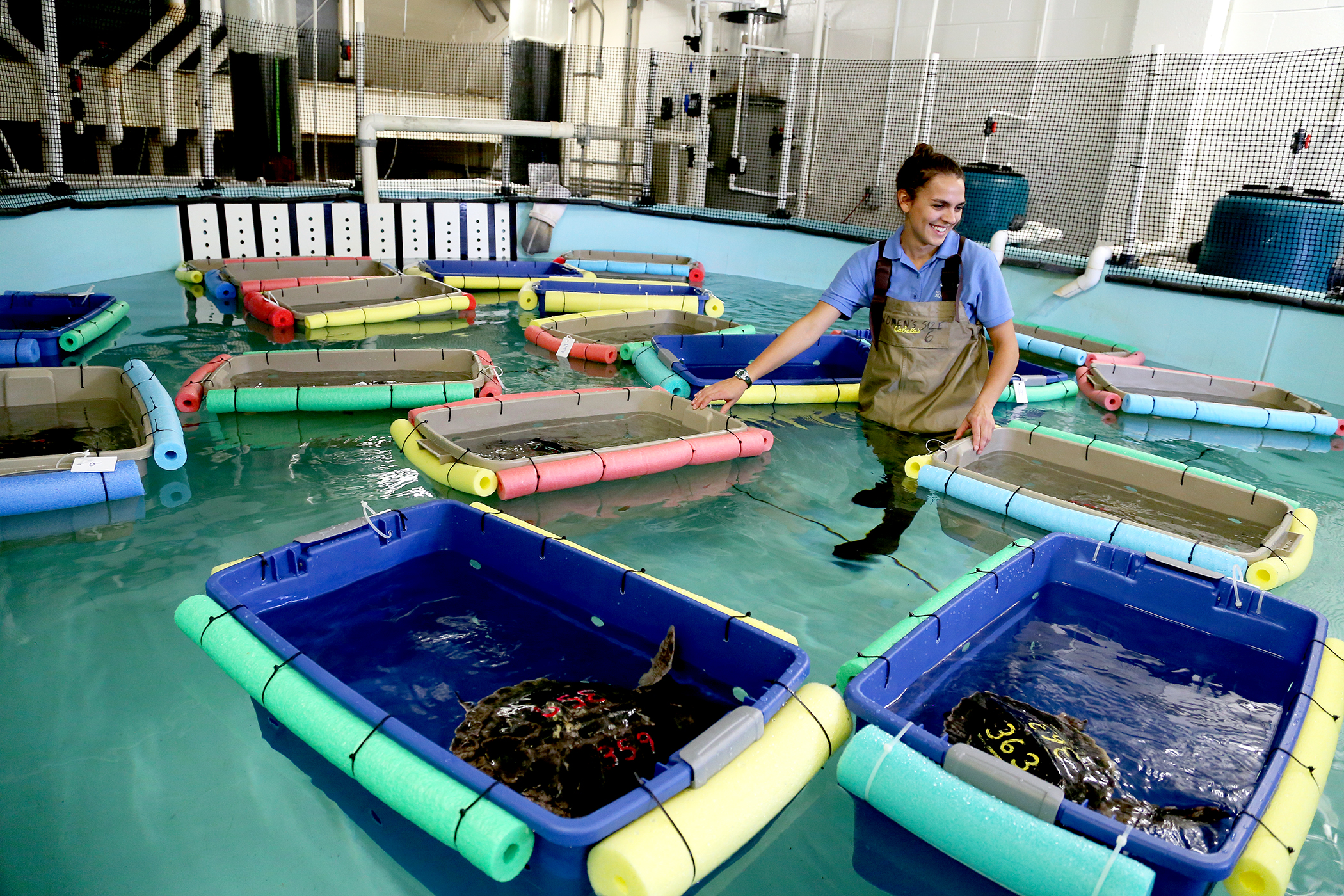


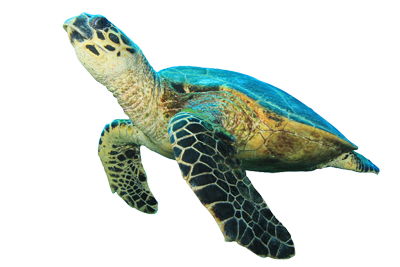

Comments
No comment yet.